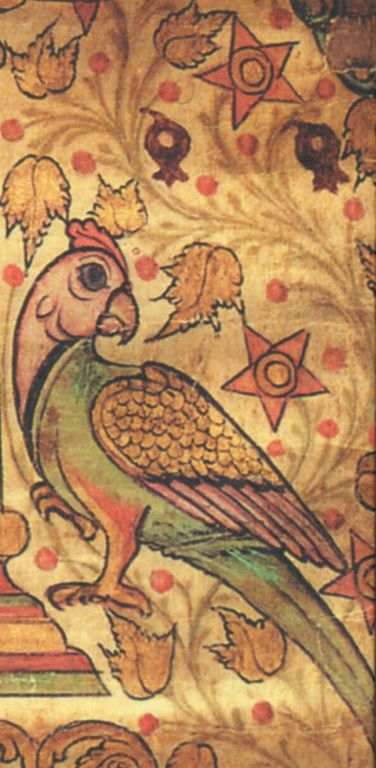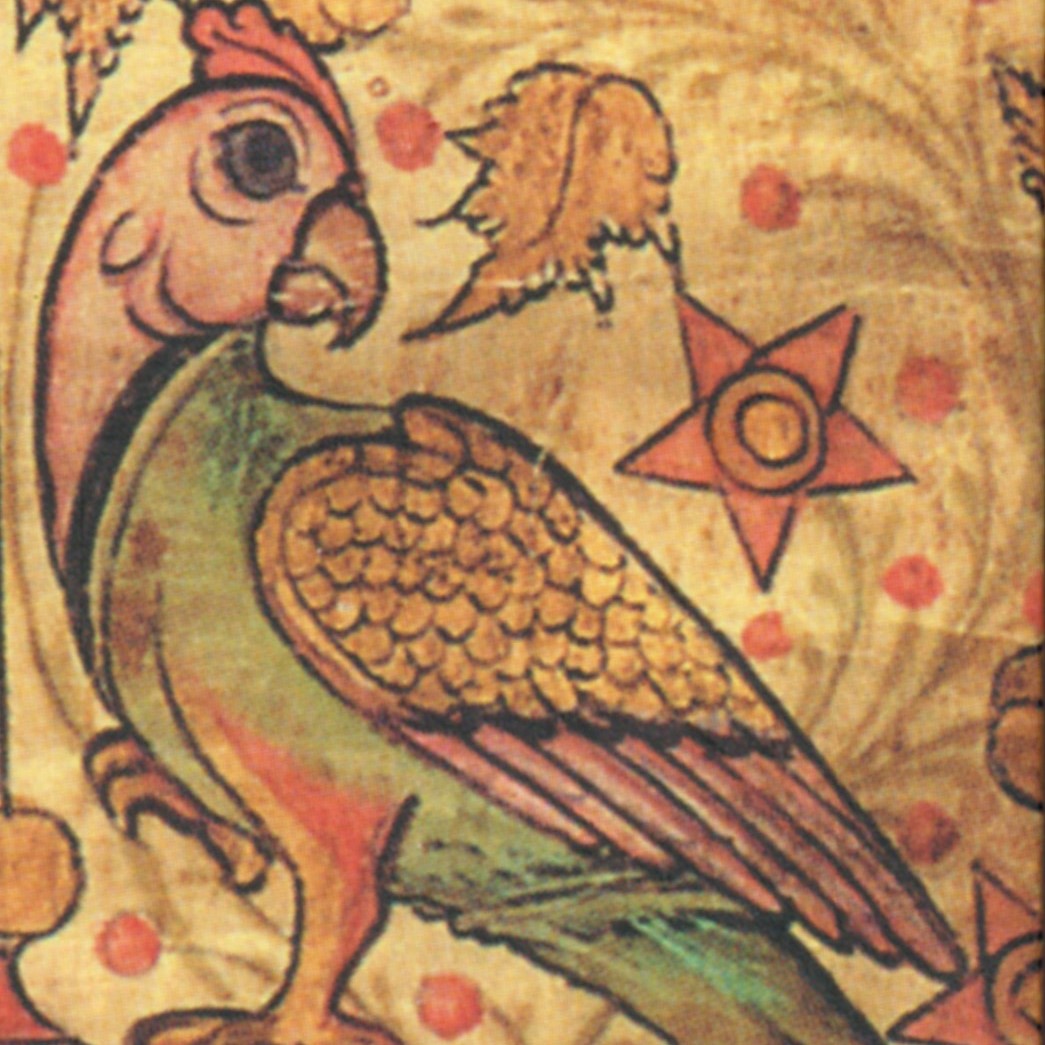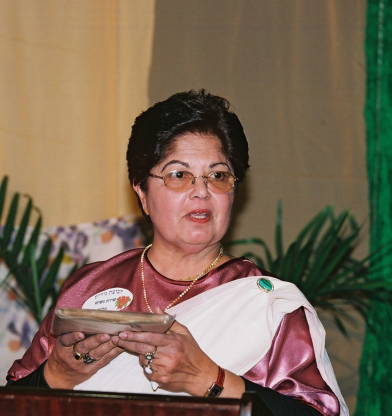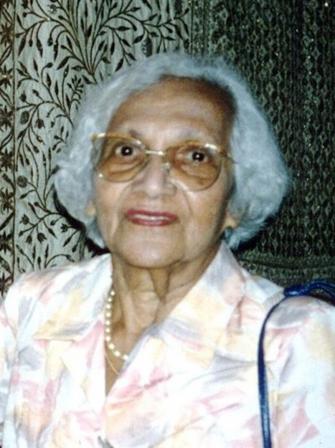2001
46. Baby Moshe Taken from the Water
Simcha Yosef, Hannah Yitzhak. Recorded at NSA studio, August 19, 2001. CD Track 23; III-2
Mūlamuḍayon ekan mośě ṟabběnappa (x2)
Kālamě kāviluḷḷu kalpicca koḷavěn ěnnu (x2)
1. Creator God made a decree for little Moshe Rabban. (x2)
It came at just the right time to save baby Moshe Rabban. (x2)2. His mother carried the box safely down to the stream. (x2)
Floating down in the stream, there went that good square box. (x2)3. The box was closed very well, so it would not open up. (x2)
Just as the royal maids went down to the river to bathe, (x2)4. The box came straight to the maids on the palace riverbank. (x2)
When it arrived at their feet, together they opened the box. (x2)5. The princess[1] then lifted the son! To the palace together they went. (x2)
When she nurtured him there, rocking and feeding him— (x2)6. The power of discernment was given; the Strong God made him wise. (x2)
The God of Strength gave strength to the precious little child. (x2)7. With the Strong God’s help, Moshe got wisdom and strength. (x2)
He had the greatest power of anyone born on the earth— (x2)8. Even more strength than the men who dwelled in the wilderness. (2)
So great was the strength of Moshe, equaled only by God! (2)
A typical Kerala setting is provided here for the biblical story of how the infant Moses was saved and brought up by the Pharaoh’s daughter (Exodus 2:3–10). The coast of Kerala is famous for its “backwaters”—a vast network of navigable lagoons, inlets, and slow-moving streams, created by the interaction of ocean waves and currents with the many rivers that flow down from inland mountains known as the Western Ghats. With numerous homes and villages located on the banks of these inter-connected backwaters, it is easy to imagine little Moshe’s mother carefully placing him in a closed box and setting him adrift on one of the slow-moving streams.
It is also easy to imagine one of the large rivers as the site of a royal palace, where the princess and her royal maids were bathing on the riverbank when little Moshe came floating by. According to midrash, the royal daughter caressed him constantly, and in his childhood, he became extraordinarily wise and large (Ginzberg 1969, 2:271–272). Two other Malayalam Jewish songs expounding in greater detail on midrash about Moshe’s childhood are III-4 and III-19, the latter translated and analyzed by Gamliel (2009, 190–195).
The text of this song is found in nine notebooks from Kochi and Ernakulam. Its performance to a soothing lullaby-like melody was recorded by women from several communities in the 1970s and 80s, and in 2001 by Simcha Yosef and Hanna Yitzhak from Kochi-Kadavumbhagam.
____________________________
[1] Though the princess is not specified in the Malayalam original, traditional listeners would know the story and understand that the princess herself was lifting the baby.







